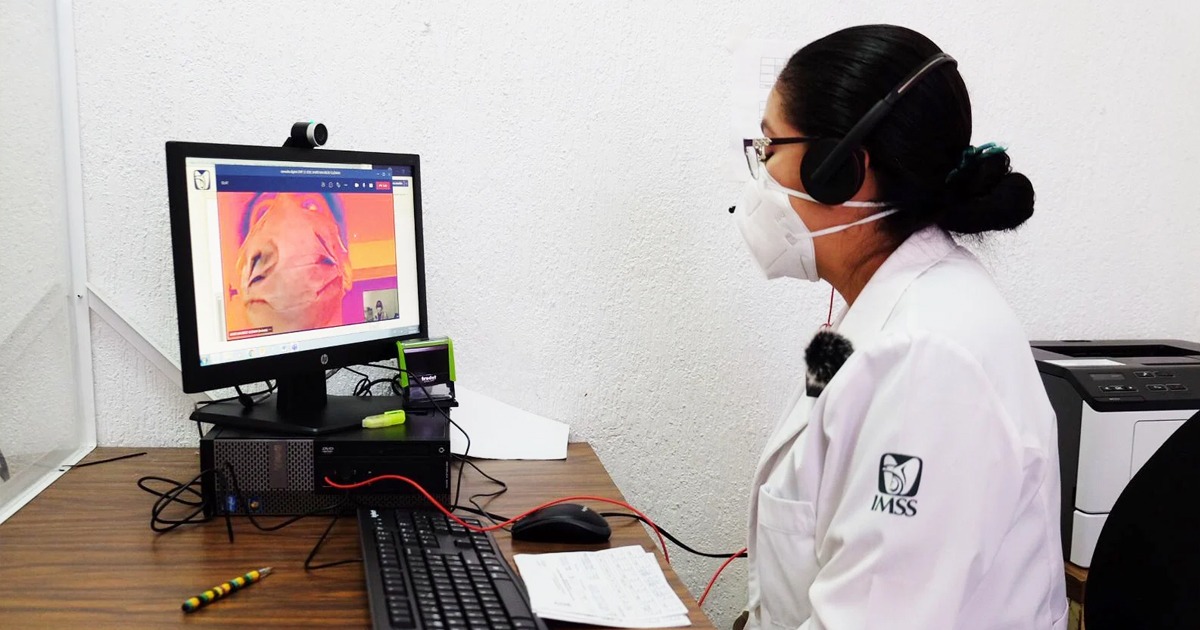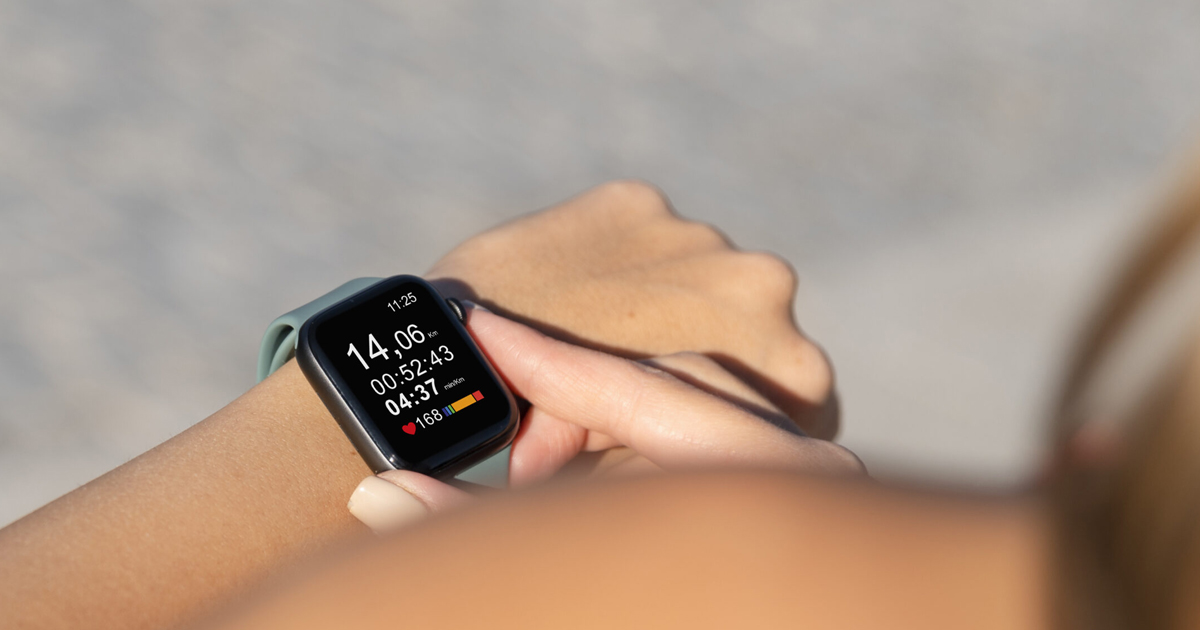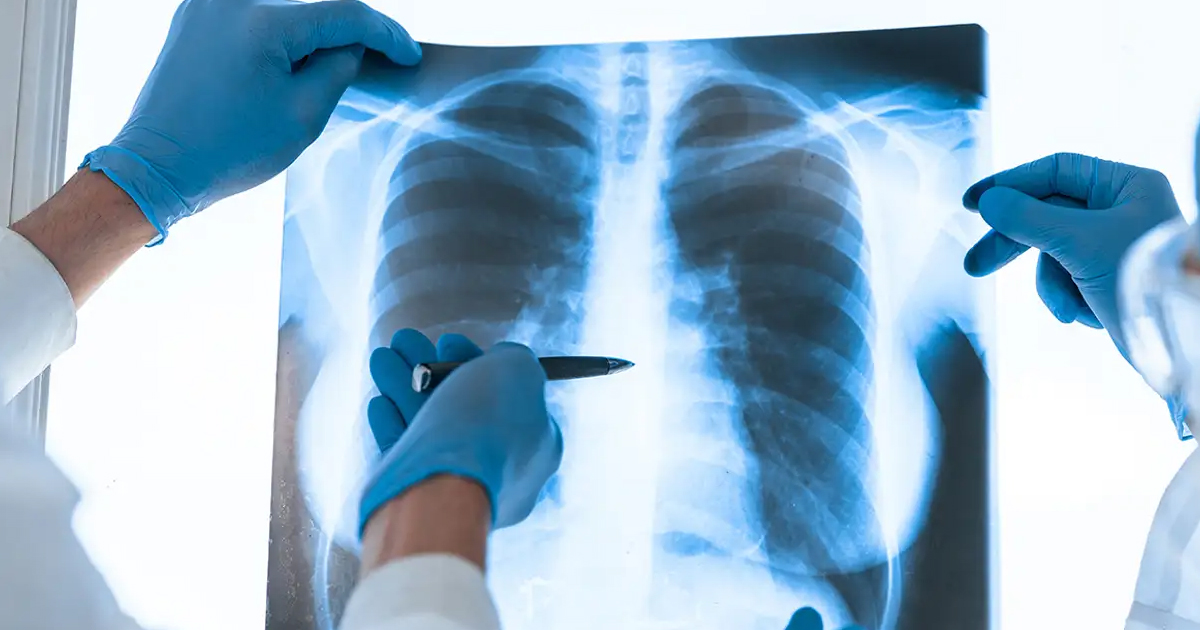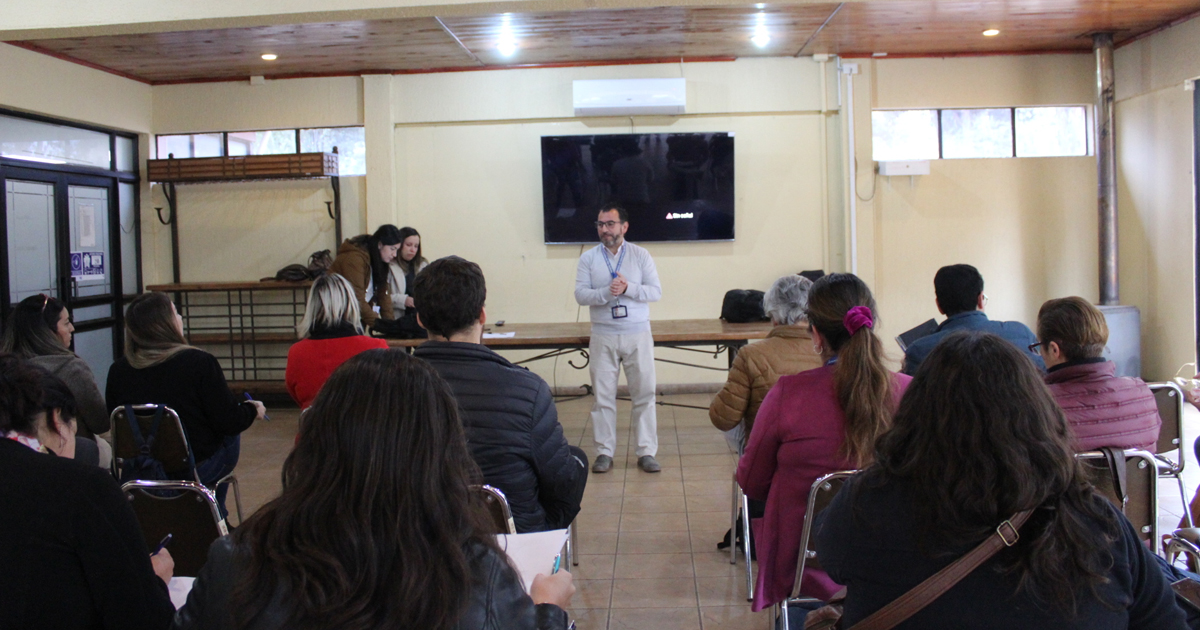The study shows the effectiveness of using mobile phone-based digital health solutions, the study mainly measured participants' BMI, physical activity and interaction.
The study “eHealth Intervention to Improve Health Habits in the Adolescent Population: Mixed Methods Study”, was published in the Journal of Medical Internet Research in February 2021. The study was developed through the SALBIS Research Group which is part of the Department of Electrical, Systems and Automation Engineering at the University of León in Spain.

The research involved 2010 participants in the intervention group (IG) and 91 in the control group (CG). The research addresses the application of digital platforms to improve health-related behaviors in adolescents. Furthermore, it suggests that it is important to study whether digital interventions based on peer influence actually work to improve adolescents' weight and eating habits. A web platform called " Sano y Feliz" was used for the research.
The purpose of this study was to assess the effectiveness of an eHealth app in an adolescent population in terms of improvements in their age- and sex-adjusted body mass index (BMI) percentiles,” they point out in the publication. In addition, it had other objectives such as observing the social relationships between the adolescents before and after the intervention, as well as identifying those who take the role of group leaders and studying their profiles, eating habits, physical activity and use of the web application.
“The BMI percentiles were calculated in accordance with the reference guidelines of the World Health Organization. Participants’ diets and levels of physical activity were assessed using the Mediterranean Diet Quality Index (KIDMED) questionnaire and the Physical Activity Questionnaire for Adolescents (PAQ-A), respectively. On the other hand, variables related to social networks were analyzed through SNA methodology. “In this respect, peer relationships that were considered reciprocal friendships were used to compute the “degree” measure, which was used as an indicative parameter of centrality.", explained the study.
“it was found that adolescents in the IG at BMI percentiles both below and above the 50th percentile (P50) modified their BMI to approach this reference value". In addition, the diet of the IG participants improved compared to the CG, and it was also found that the subjects who assumed the leadership role in the group were also leaders in terms of physical activity and use of the application.
The researchers concluded that: “The eHealth app was able to modify behaviors related to P50 compliance and exert a positive influence in relation to diet and physical exercise”. In addition, they explained that mixed-method intervention can yield important results in the fight against obesity.
You can read the full study at the following link: https://mhealth.jmir.org/2021/2/e20217/






